Study: parents and schools should work together on sex ed
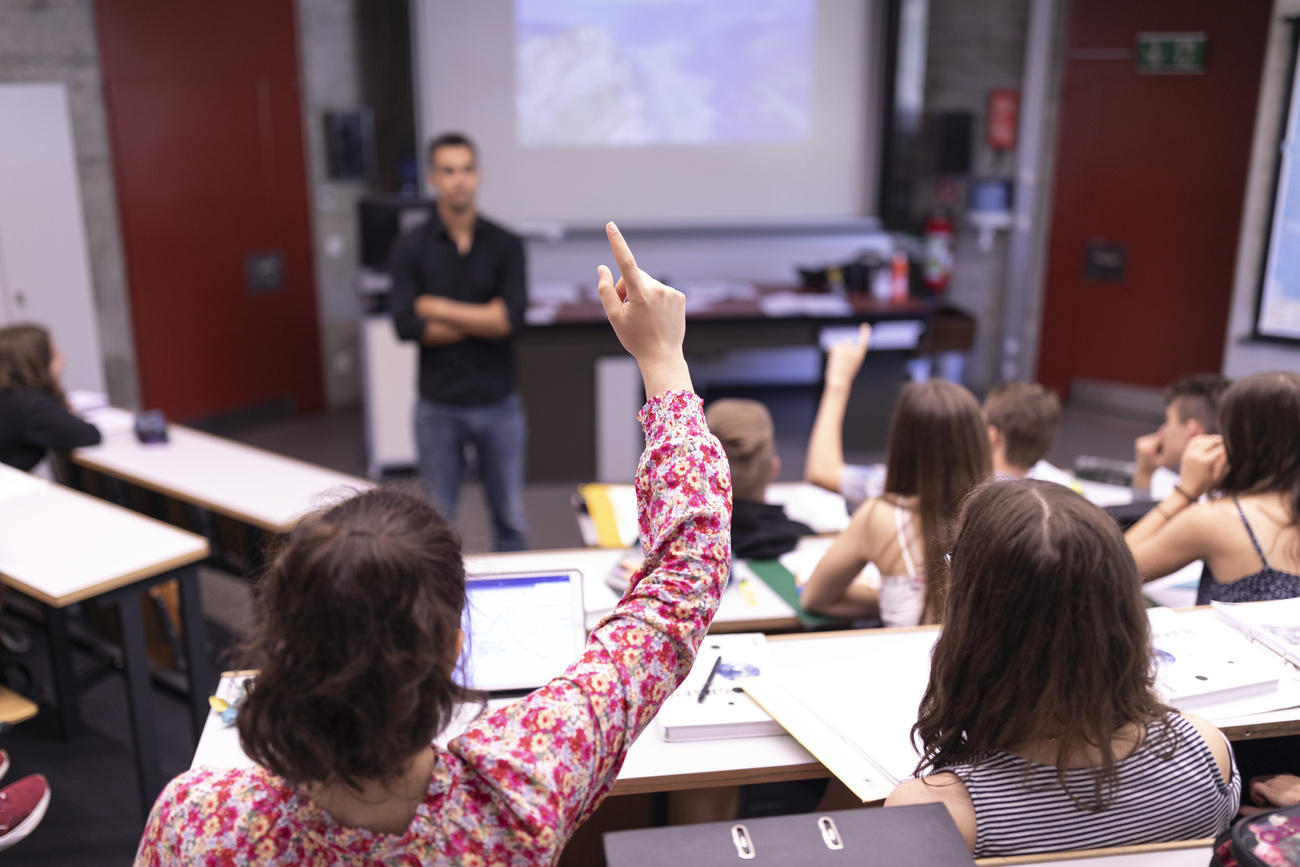
A new study suggests that a combination of parents and schools is the best approach for sex education of children. Relying on friends and the internet could be problematic.
Sex education in Switzerland remains a controversial subject and there are wide differences in how it is taught across the country.
That’s why adolescent health researcher Yara Barrense-Dias looked at the impact of the source of sex education on the sexual health of young people. The results of the Swiss National Science Foundation (SNSF)-funded study were published on TuesdayExternal link.
Using data from a Swiss national survey of 2017, involving 5,000 young people aged 24-26, the participants were divided into six groups according to the main source of sexual knowledge: friends, parents, school, internet, nobody, and other. Friends were found to be the main source of sex ed info at 38.9%, followed by parents at 27.3%, the school at 19.1% and the internet (8%).
The six groups were then compared using sociodemographic criteria like first experiences, pregnancy, risky behaviours, the number of partners and unwanted sexual experiences.
Differences
Young men, children with early or late onset puberty or non-heterosexuals were found to be more likely to look for information on the internet, the study found. But it concluded that having the internet and friends as main sources of sex ed were also more likely to lead to more negative outcomes such as risky sexual behaviour.
“That’s a big issue,” said Barrense-Dias in a statement. “Sex education in school has to be inclusive for all sexual identities and non-gendered, and also take into account kids who start puberty very early or very late.”
+ new website puts sex education on school agenda
She is convinced that friends and the internet are very important. But she says that young people needed multiple resources and to improve their internet literacy, which means schools and parents pointing out trustworthy websites to them.
Young women, on the other hand, were more likely to be told about the birds and the bees by their parents, particularly their mothers. One theory is that this could be linked to the risk of pregnancy. Barrense-Dias also has her own explanation.
“Parents can use the girl’s first period as an appropriate occasion to start a discussion about sexuality in general,” she said.
Schools: positive effect
Barrense-Dias found that participants who said school was their main source of sex ed – and with small differences, those who were mainly taught by their parents – were the ones with the lowest rate of sexually transmitted infections, for example, at 6.8% and 8.2% respectively. The internet and friends group had a 11.3% and 11.7% rate respectively. The results for accepted but unwanted sexual activity were similar.
The researcher said it was crucial that schools and parents to develop a strong partnership when it comes to sex education.
“The first source of sex education must be the parents, but schools are here to help them. Sometimes it can be difficult for parents to talk about sexuality, be aware of the right moment and cover all the different aspects. The school, however, has a defined curriculum.” T
She concludes: “School and parents shouldn’t be seen as opponents in sex education but as complementary.”

More
Clean bill of health for Swiss sex-ed system

In compliance with the JTI standards
More: SWI swissinfo.ch certified by the Journalism Trust Initiative
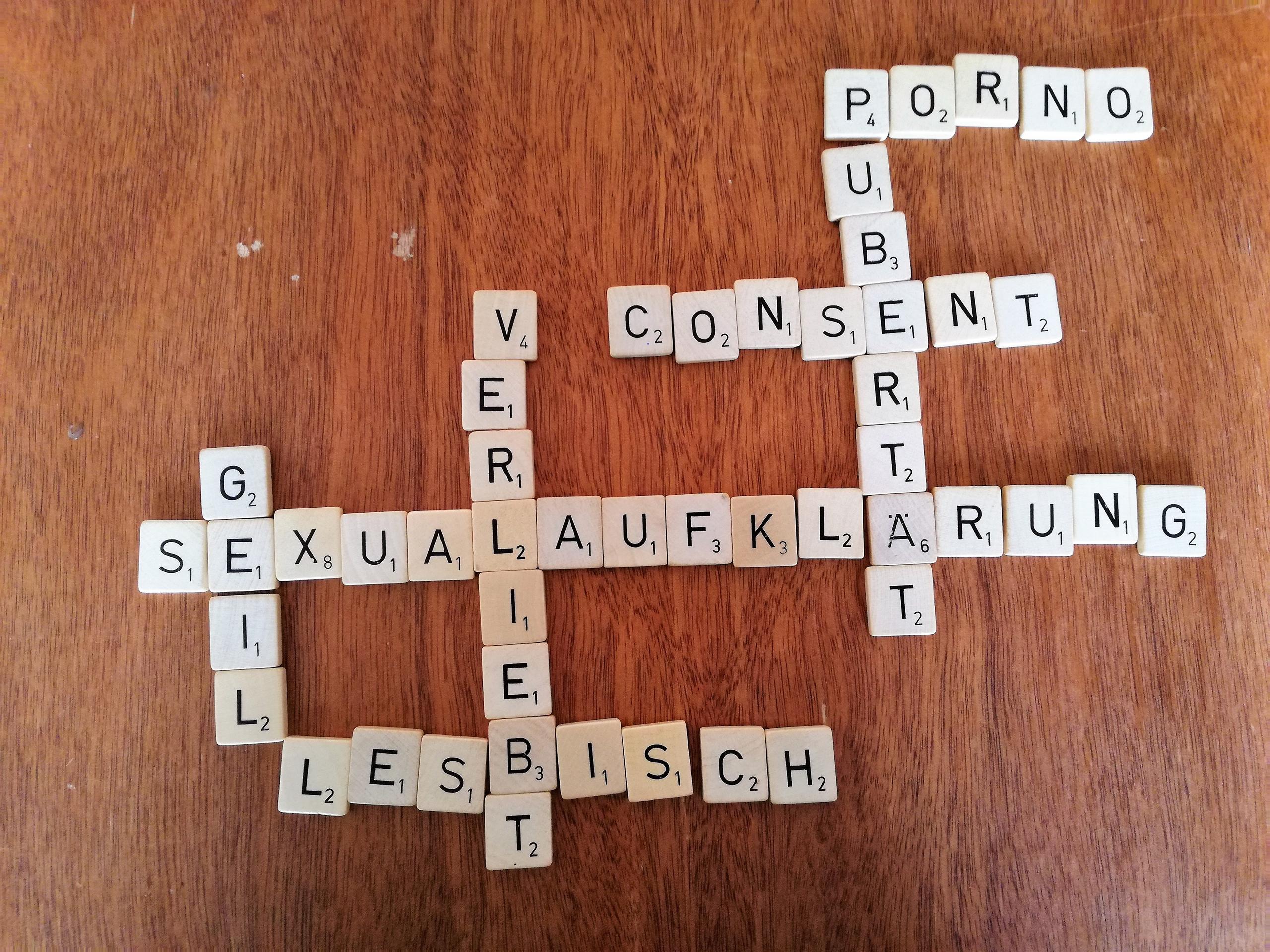
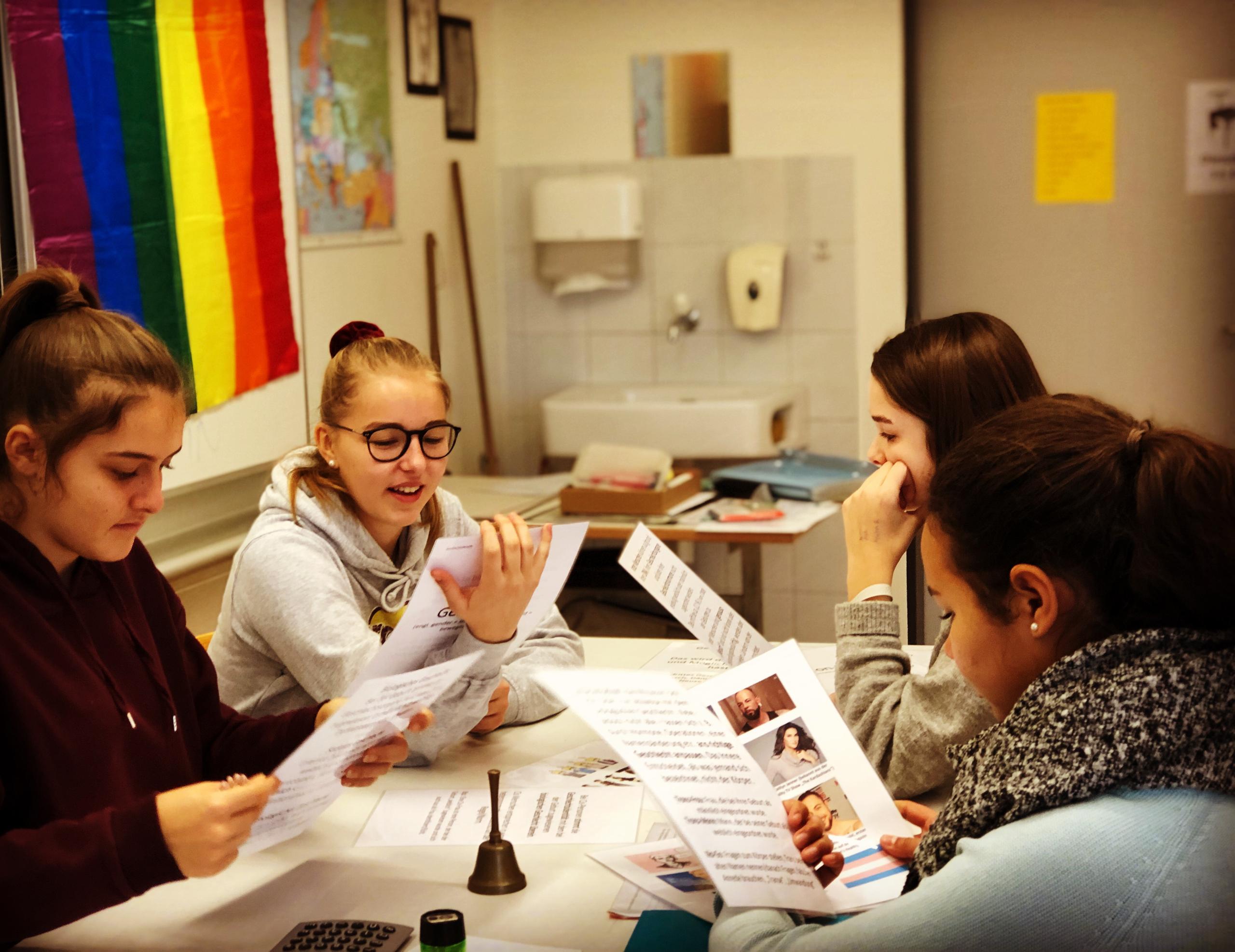
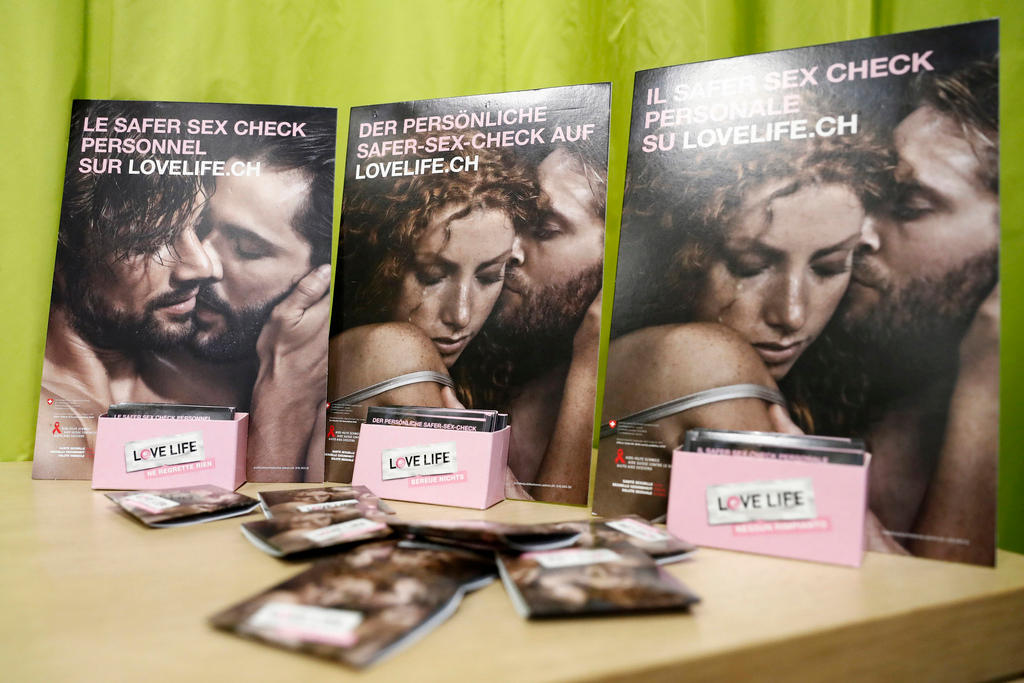
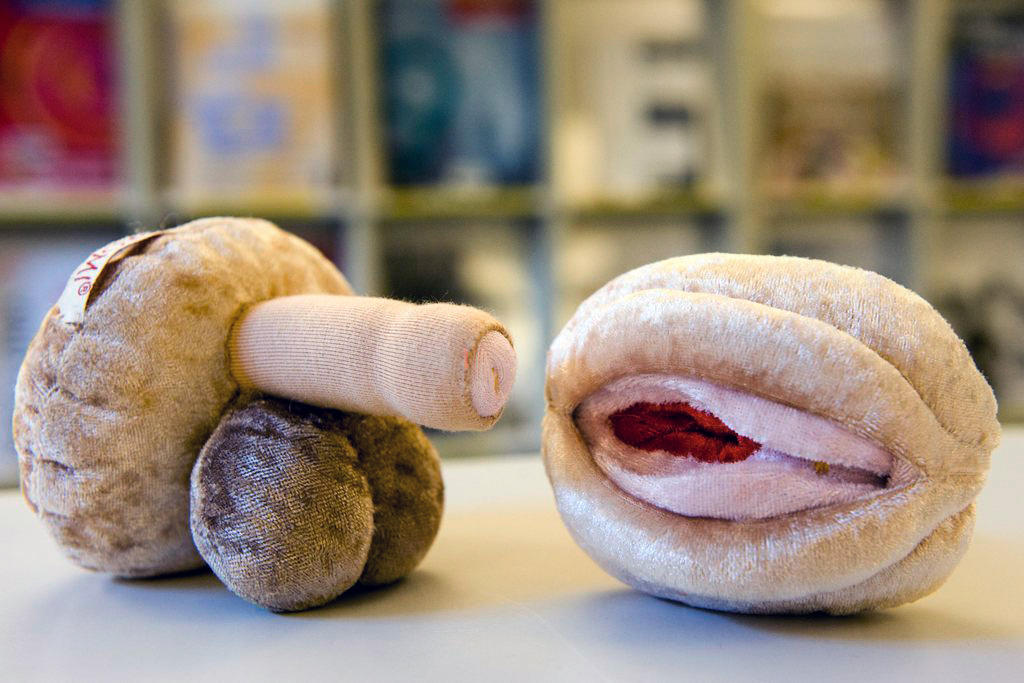
You can find an overview of ongoing debates with our journalists here. Please join us!
If you want to start a conversation about a topic raised in this article or want to report factual errors, email us at english@swissinfo.ch.